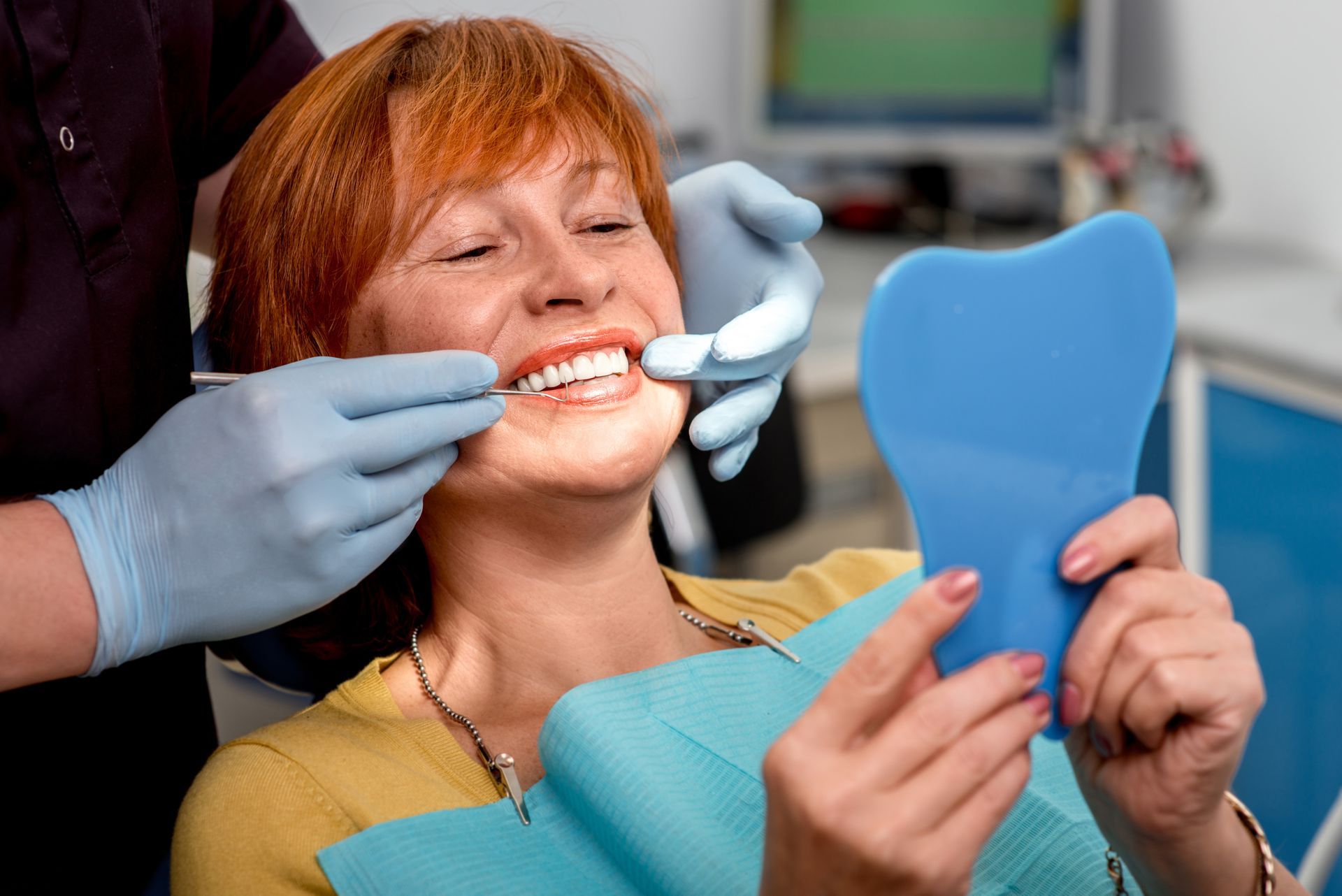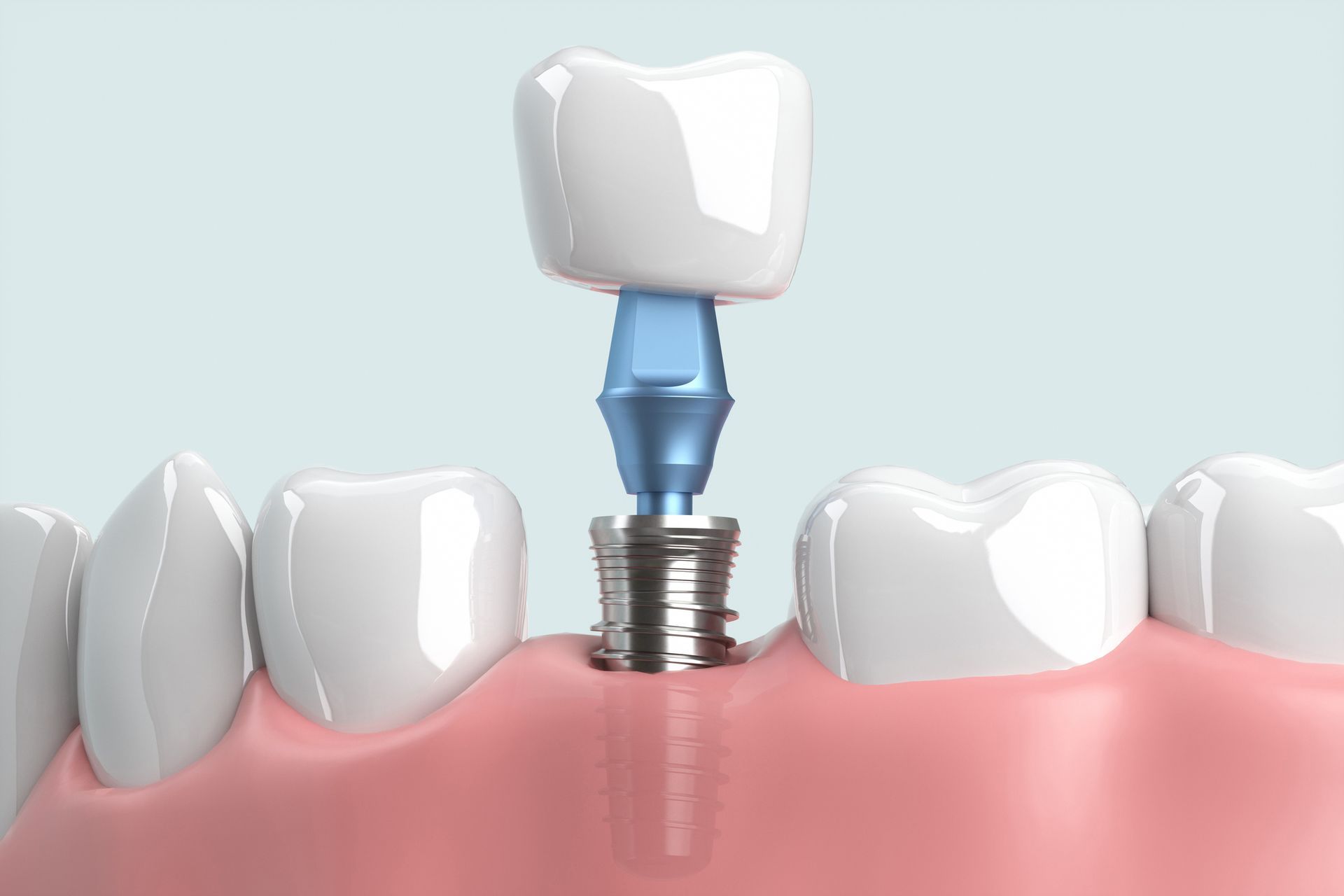TAKING A NEW MEDICATION? LEARN HOW TO MANAGE ORAL SIDE EFFECTS
- By Admin
- •
- 30 Oct, 2019

When you start a new medication, you should read the list of potential side effects to learn what other people who take the medication have experienced. You can then watch for these side effects and notify your doctor if you experience them. Many medications prescribed to improve overall health have side effects that affect your mouth.
Here are two mouth-related side effects of medications, what medications can cause them, and how you can manage these side effects to help keep your oral health intact.
Gingival Enlargement
Gingival enlargement, also called gingival hyperplasia, is a side effect of approximately 20 medications. This condition causes enlargement or overgrowth of gum tissue.
The most common types of medications that cause gingival enlargement include calcium channel blockers used to treat cardiovascular problems, anticonvulsants used to control seizures, and immunosuppresants that are often taken after organ transplantation.
Aside from the unsightliness of this condition, gingival hyperplasia can also feel painful and contribute to the development of gum disease. This condition can range from very mild to so severe that your gums eventually cover your teeth.
At the first sign of medication-induced gingival enlargement, notify your prescribing physician and your dentist. They can work hand-in-hand to determine if your gingival enlargement can be controlled by improving your oral hygiene routine or in-office dental treatments such as root scaling and planing procedures.
If improving your oral health routine does not improve your gingival enlargement, then your doctor may decide to decrease the dosage of medication causing it or switch to a different medication less likely to cause this side effect. However, if this condition persists despite medication changes or your doctor cannot change your medication, then you may simply have to manage this gum condition for life.
Management of gingival enlargement consists of maintaining good oral hygiene habits and potentially having excess gum tissue surgically removed on an as needed basis. However, gum tissue removal surgery is a relatively simple outpatient procedure that a dentist skilled in periodontal surgery can perform.
Dry Mouth
Dry mouth, also called xerostomia, is a side effect of over 1,800 medications. Just a few of the medications that can cause dry mouth include antihypertensives used to control high blood pressure, diuretics, antihistamines, and antidepressants.
Just like many other medication side effects, medication-induced dry mouth can range in severity from mild to severe. If you experience severe dry mouth due to a prescribed medication, then the first step is to notify your doctor of this side effect. If possible, they may decrease your medication dosage or recommend another medication to control your health problem.
However, milder cases of dry mouth are manageable with good home care. Even if dry mouth does not impair your life, it can affect your oral health — saliva is a very important part of your mouth's defense system against cavities, tooth decay, and acid erosion.
Saliva is filled with the minerals calcium and phosphate that help keep tooth enamel strong. Saliva also helps neutralize the acids in foods that erode tooth enamel and helps neutralize cavity-causing bacteria.
To combat dry mouth and the tooth decay that it can cause:
- Chew sugar-free gum containing xylitol. The sweetener xylitol helps kill cavity-causing bacteria in your mouth while the action of chewing gum causes your mouth to produce more saliva.
- Breathe through your nose. Breathing through your mouth can further dry out your mouth.
- Stay hydrated. Saliva is 99 percent water. If your body is dehydrated, your body may produce even less saliva.
Also, while saliva protects oral health more effectively, a saliva substitute can help moisten your mouth in a pinch. Look for one that contains cavity-preventing xylitol.
Be sure to notify your dentist any time you begin taking a new medication so they can monitor your mouth for signs of mouth-related side effects, such as gingival hyperplasia or dry mouth, and help prevent and treat these medication-related conditions.
Contact Bradley Piotrowski, DDS, MSD, LLC, for a dental exam or expert management of gingival enlargement and dry mouth today.













